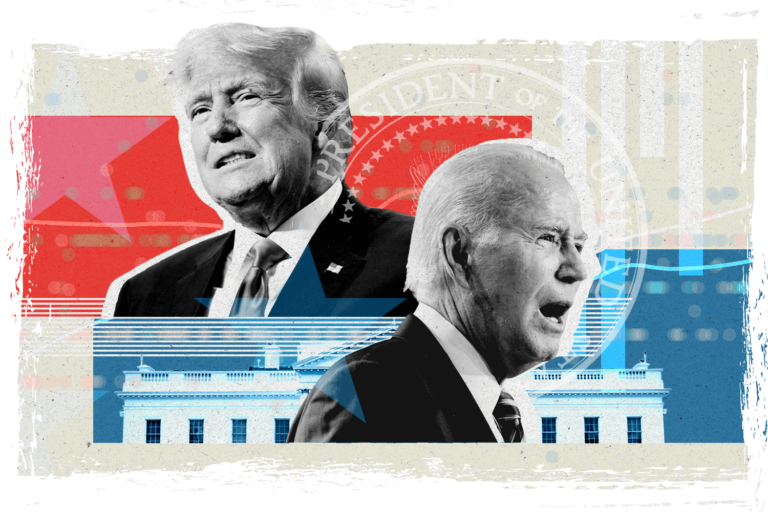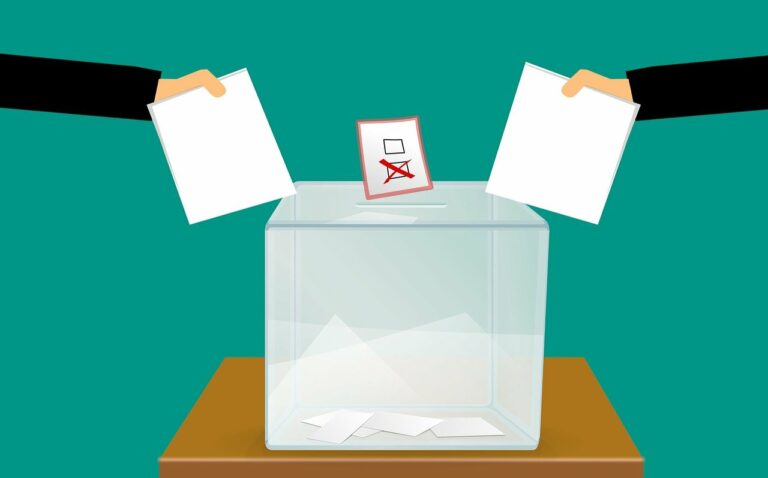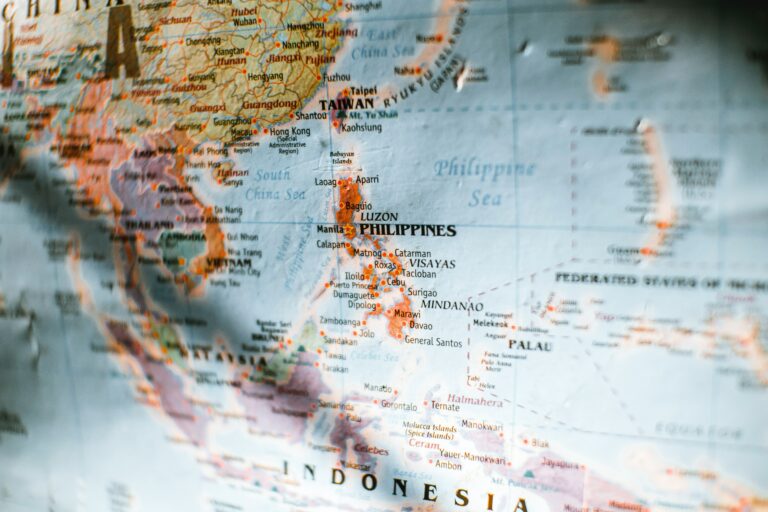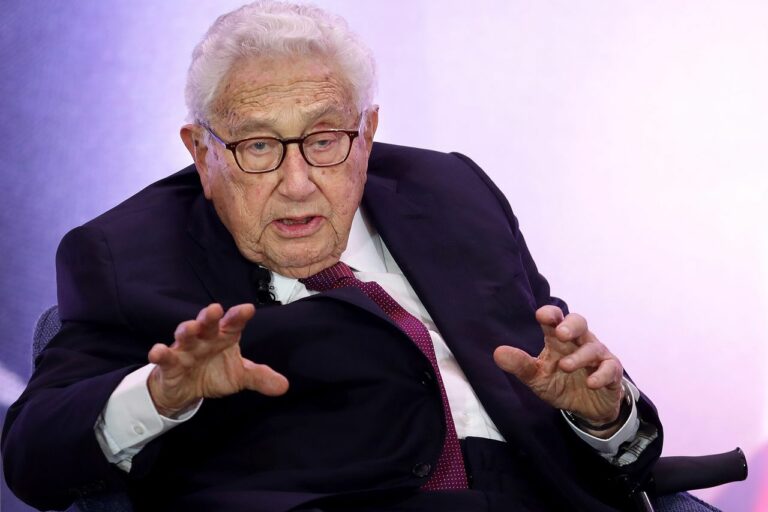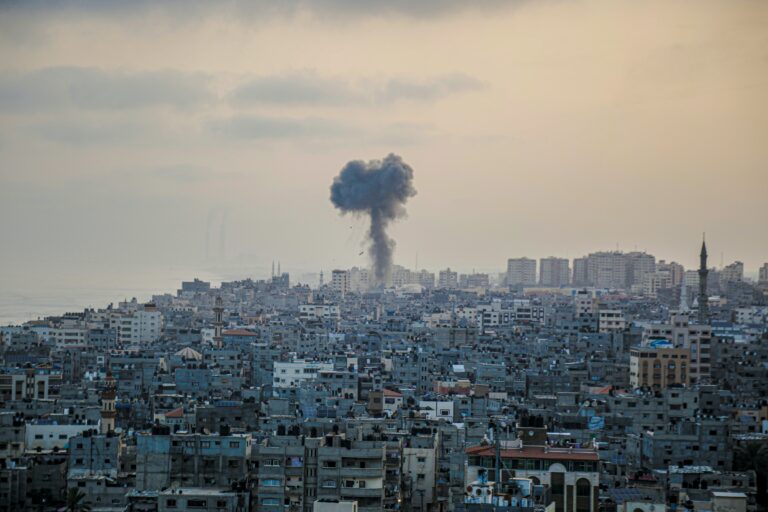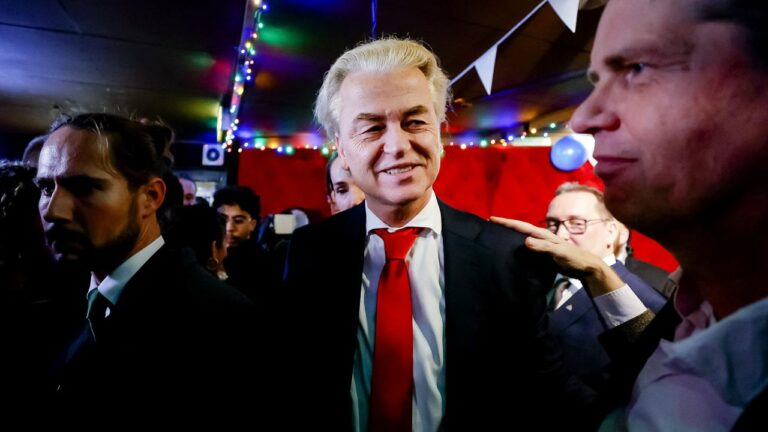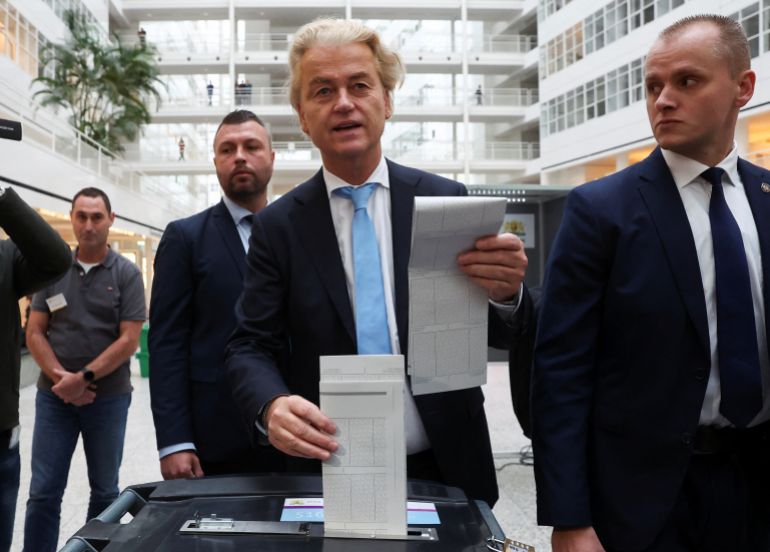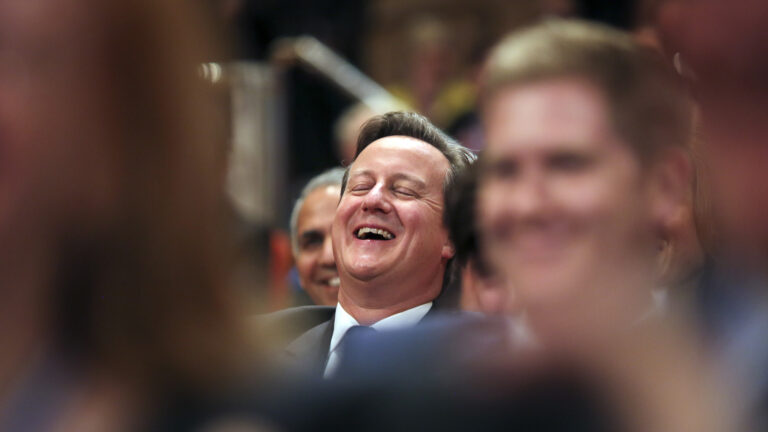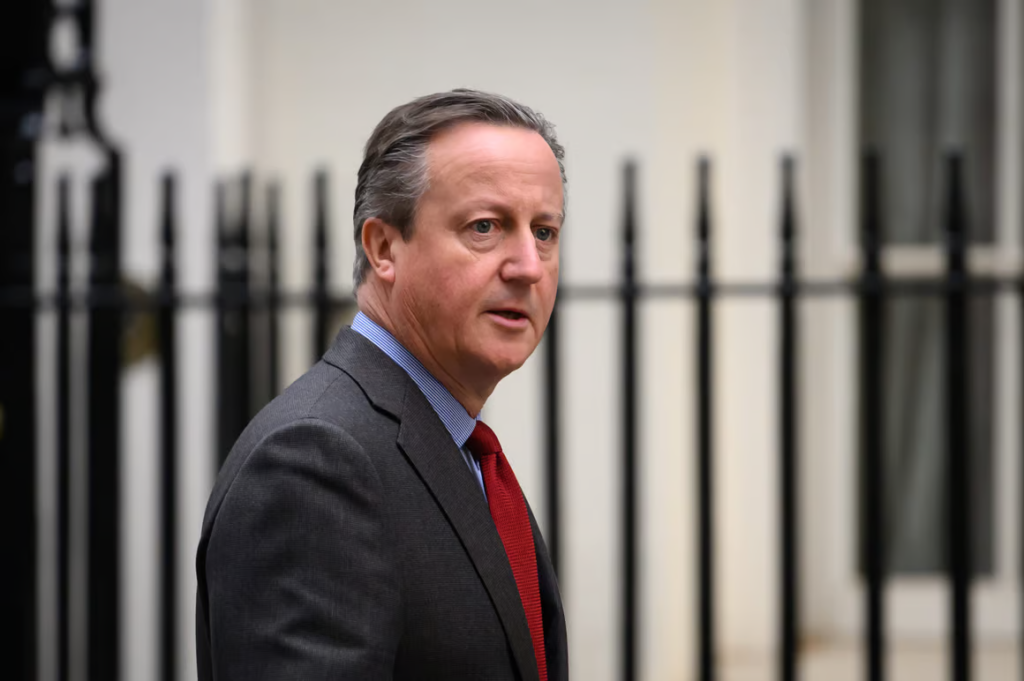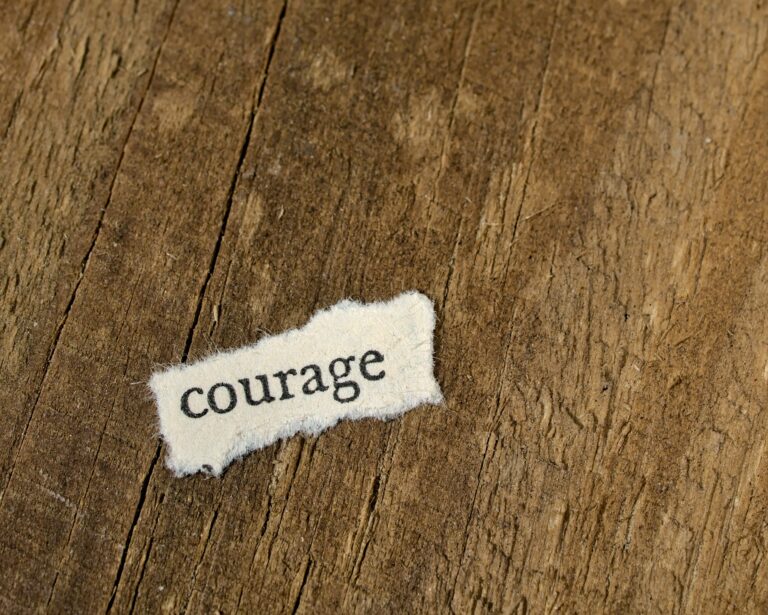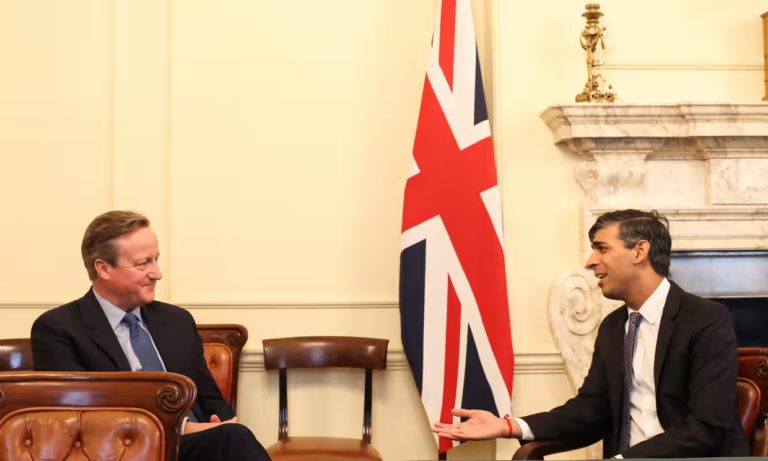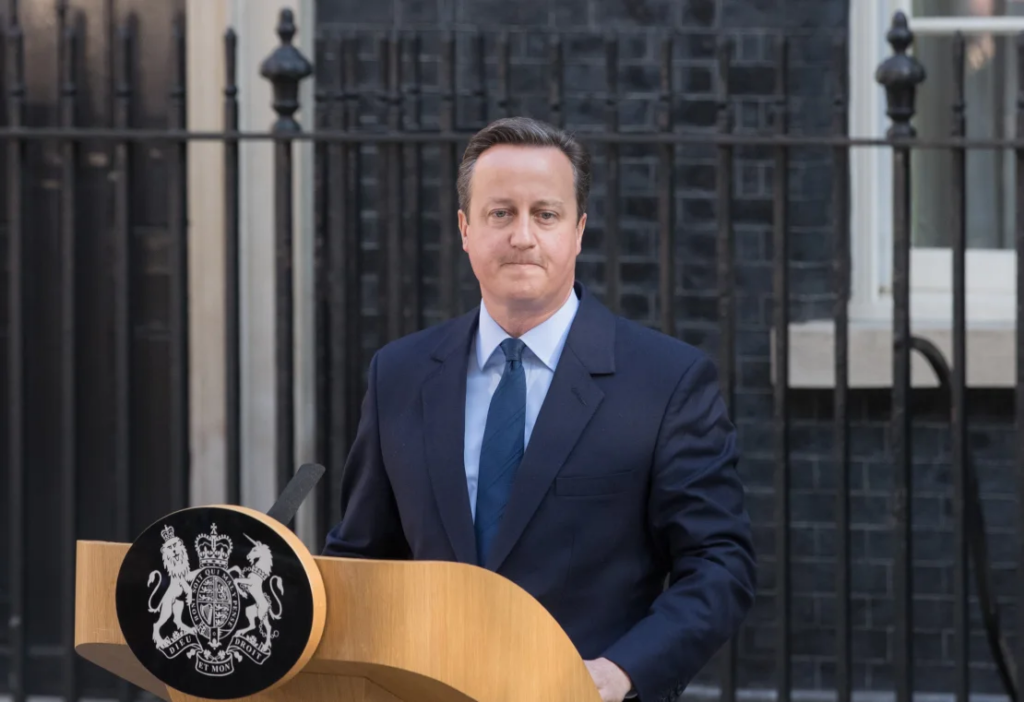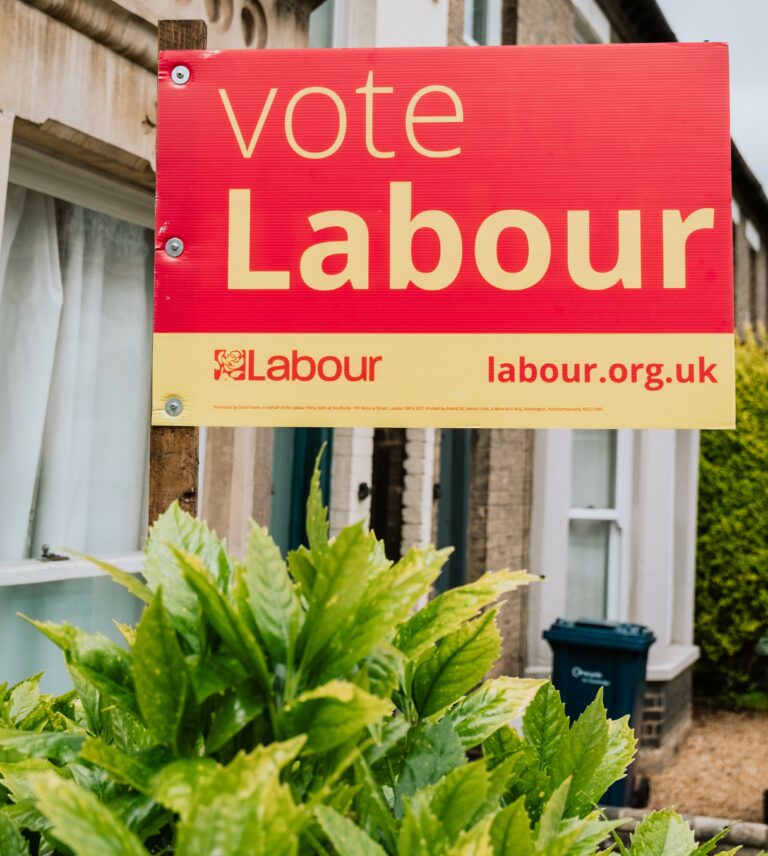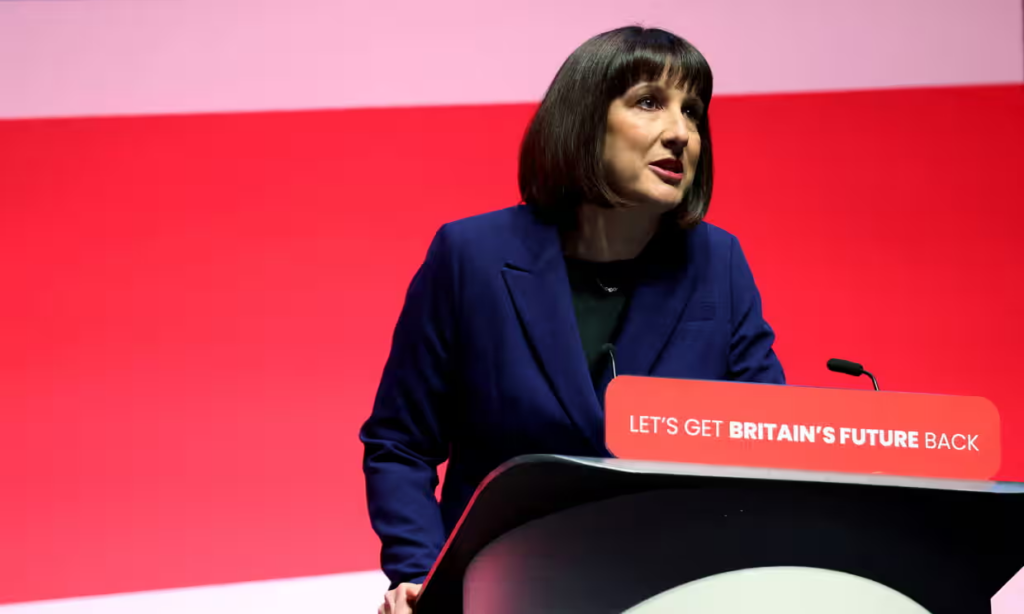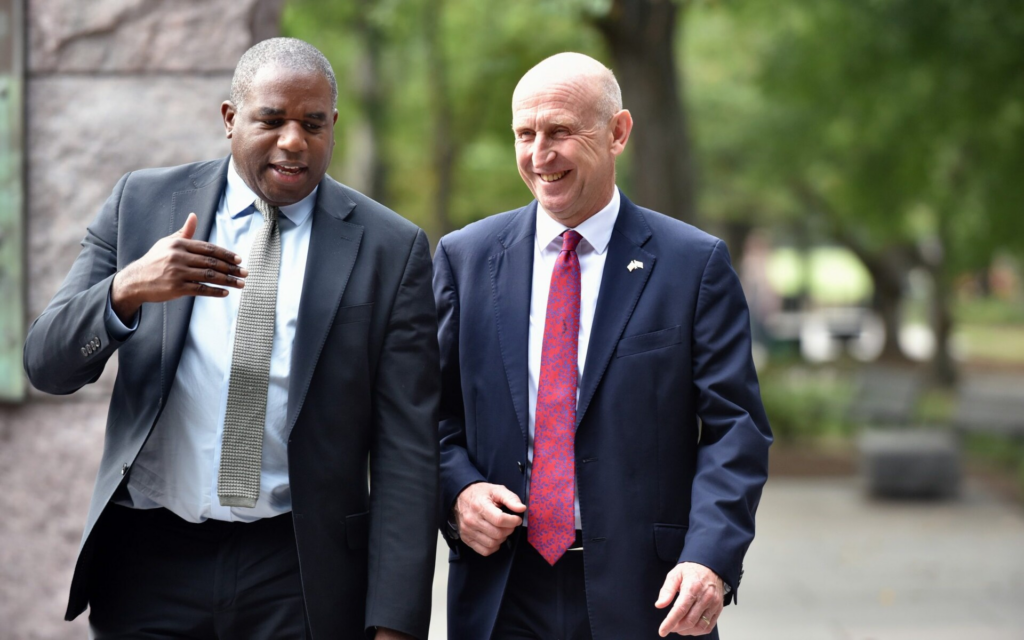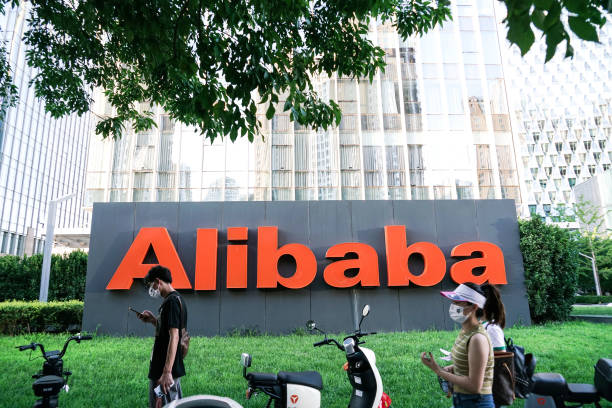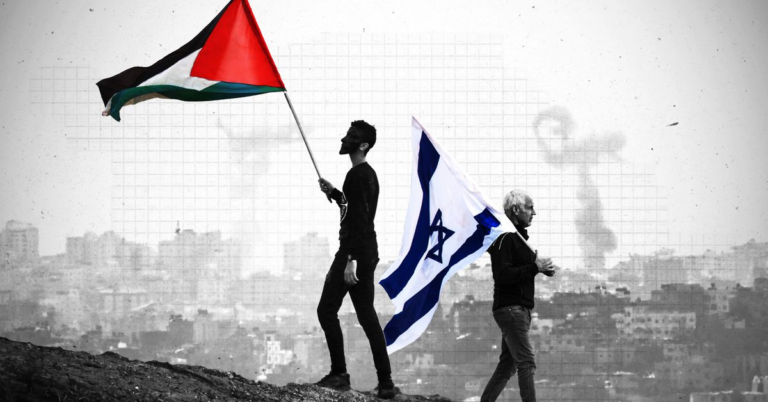The world’s most popular YouTuber, MrBeast, has revealed he made more than $250,000 (£197,000) from posting a video on X, formerly known as Twitter.
He had previously said it was not worth posting on the social media site as creators only got a small amount of advertising revenue.
However, after a U-turn last week, he posted an old video – which has generated more than 155 million views. The stunt has been closely watched as X’s business struggles.
Elon Musk, the owner of X, has tried various strategies to boost engagement on the platform since buying it in October 2022.
These include sharing advertising revenue with high-profile creators, something that other sites, including YouTube, already do. But the plans have faced doubts, as traffic to the site has declined. X’s advertising revenue has also plunged as Mr Musk’s feud with advertisers over issues such as hate speech and misinformation rumbles on.
Analysts said an equivalent haul would be hard to repeat without MrBeast’s massive profile. “He said he made $250,000, so not bad for one video,” said Karsten Weide, principal at W Media Research. “It’s good numbers but you have to have a massive amount of traffic.” The amount so-called influencers can make varies from person to person. The terms of individual deals are kept confidential, although it is thought the biggest names online may be able to negotiate special rates.
In November 2022, Forbes estimated that MrBeast made $54m in a year from his YouTube channel. Since then, he has gained millions of subscribers on his main channel, to make a total of 233 million. The size of his audience has prompted courtship from companies looking to boost their platforms. MrBeast, who has claimed his videos cost millions of dollars to make, is reportedly working on a deal for a show with a huge streaming platform. He had previously posted the same video, where he tries out cars of differing valuations, on YouTube in September 2023. It currently has over 215 million views on YouTube, where MrBeast makes most of his money.
Did the experiment work?
Donaldson has shared, those “views” are actually impressions, i.e. the number of times the video was displayed in user feeds. Based on those impressions, all 156 million of them, only 5 million users actually engaged with the post. Which are also not views, but just people who tapped on the post or interacted with it.
That’s a significant variance in what X is publicly claiming as video “views” and what’s actually happening. A 96% variance to be exact. So while the actual monetization element has seemingly been skewed by the broader attention on Donaldson’s first upload in the app, what we do know is that X’s view counts are not actual views, and are not even close to such, at least in this instance.
Yet, even so, at that level of income, other YouTubers will be paying attention to this test.
The data here breaks down to over $50k per million views, which is significantly higher than what the average YouTuber sees, and if other YouTube stars are also able to generate thousands of dollars from re-uploads to the app, they’ll likely be interested in exploring this further. Because why wouldn’t you? Some, of course, will avoid X due to fundamental issues with its ownership, but for those who are just about business, MrBeast’s example, at least at this stage, does show some promise.

